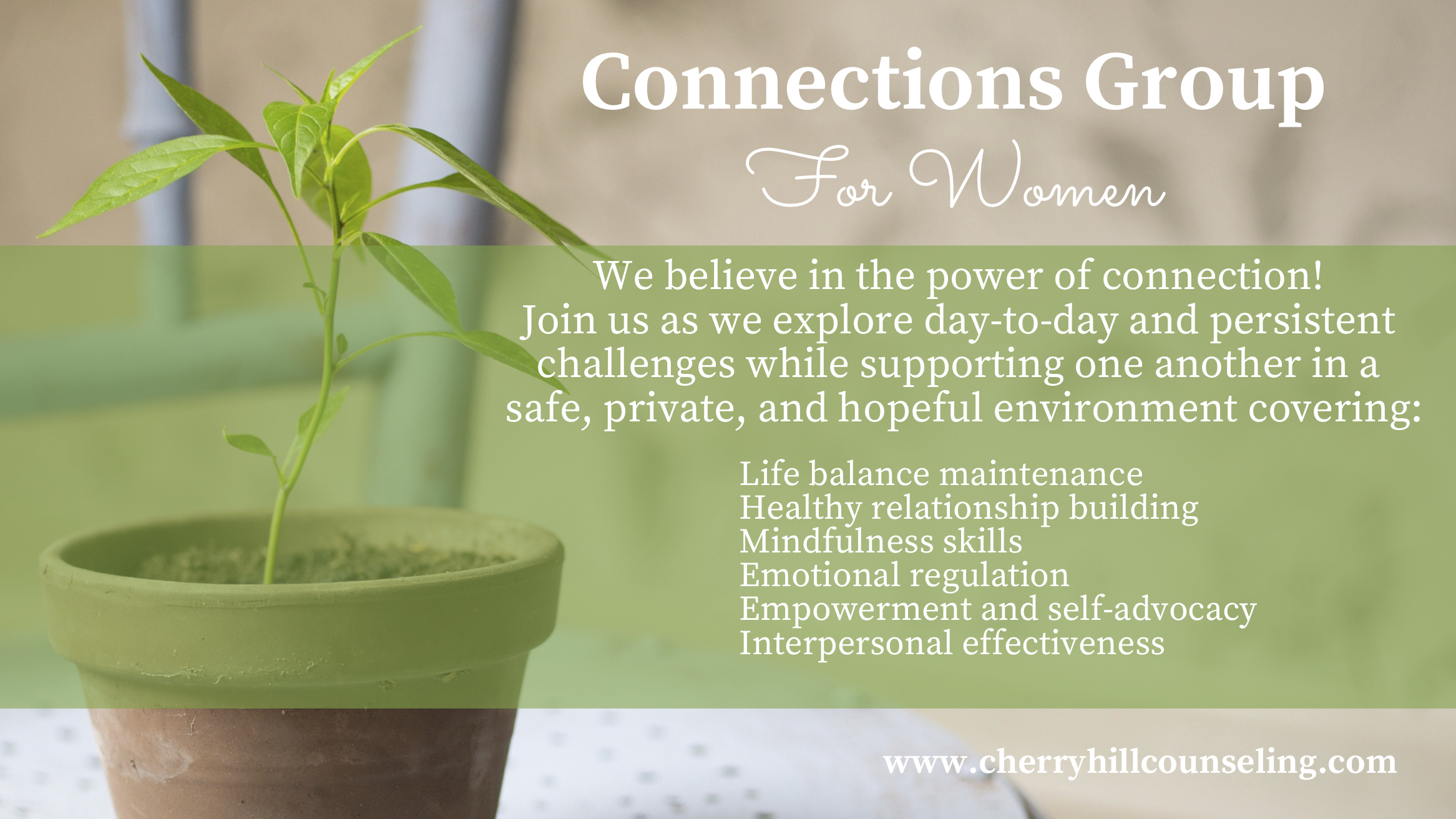Life transitions often create change and uncertainty, no matter the season you find yourself in. These transitions in our life can be a mix of feelings depending on the nature of the change expected or unexpected, welcomed or unwelcomed, and sudden or gradual.
Major life transitions such as moving to a new city, starting college, new job or career, becoming a parent, and retirement, can be an exciting part of life. However, life transitions, even happy ones, can also be stressful and bring up feelings of fear and doubt. Several of the therapists on our team have specialized training to help adults, adolescents, and children with these feelings of being overwhelmed, disillusioned, or angry. These worries left unchecked can lead to anxiety, depression, and stresses in your relationships.
Life Transitions
Successfully moving through a life transition usually means moving from negative feelings such as anger, anxiety, confusion, numbness, and self-doubt to moving towards acceptance, hope, and optimism. However, what happens if you get stuck and the change seems to be a mental health issue that you feel swallowed up by?
Adjustment Disorder
Adjustment disorder can occur when a major life transition occurs and you experience more distress than normal in response to a stressful or unexpected event, and the stress causes significant problems in your relationships, at work or at school. Other disruptive symptoms that begin within three months of a life transition and often include a depressed or anxious mood, changes in daily habits, feelings of overwhelming stress and panic, difficulty enjoying activities, and changes in sleeping or eating.
When should I seek help?
You should consider seeking help when all of your coping strategies are no longer working and you can’t manage work or school.
- You find yourself avoiding family and friends or any social interactions
- Your moods are negatively affecting your daily functioning and seem out of control, such as anger outbursts, crying, sad or depressed mood, anxiety, and recklessness.
- You have thoughts of harming yourself or others.
- Increase use of alcohol and drugs or other unhealthy behaviors.
What kind of help is available?
A trained therapist can help assess your moods and level of functioning, encourage your strengths and reactivation of your social supports, assist with developing new effective coping and problem solving skills, monitor your progress and adapt your therapy treatment plan based on your needs.
Free Download

Finding The Right Therapist
Related Therapist Profiles
The following therapists specialize in Life Transitions
Groups
Here are some groups we recommend to get started

Strength in Numbers: Men’s Support Group
Grow, learn, build, and connect with men regarding issues that impact your relationships and daily living. Join a supportive environment and build a community with other men.
Date: Mondays 6:30-8pm Starting February 2nd in 8-Week Cycles
Location: Zoom
Cost: $350 up front for all 8 sessions or $50/session weekly
Contact: John DeArvil, LSW (jdearvil@cherryhillcounseling.com) & Joshua Flanagan, LPC (jflanagan@cherryhillcounseling.com),

Connections Group for Women
Our Wednesday Women’s Connections group is accepting new members. The group is led by therapists Diane Geiser, MSW, LCSW, Rebecca Wiegman, MA, LCPC, and Julie Kralik-Welton, MA, LPC.
Date: Wednesdays, 3:30-5:00pm
Location: Zoom
Cost: $200/month. Reach out to discuss payment options
Contact: Rebecca Wiegman, 847-438-4222 x153






































































